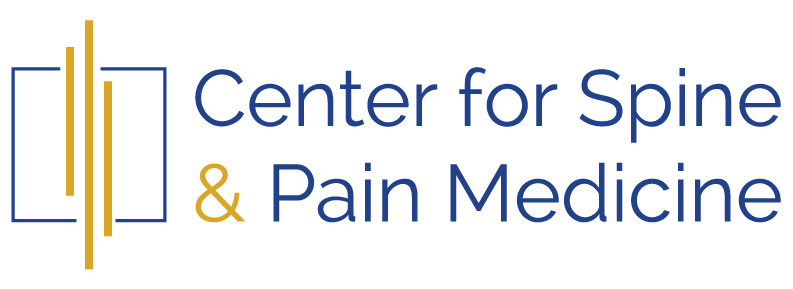
Dealing with Chronic Pain : Understanding, Coping, and Healing
What is Chronic Pain?
Chronic pain is defined as pain that lasts for three months or more, extending beyond the typical healing time for an injury or illness. In adults, it can stem from various causes, including:
- Injuries (e.g., sports-related or accidents)
- Chronic conditions like arthritis, fibromyalgia, or migraines
- Musculoskeletal disorders
- Psychosomatic factors, where emotional or psychological stress manifests physically

The Impact of Chronic Pain on Daily Life
For adults, chronic pain can interfere with professional, social, and personal activities, often affecting mental well-being. Many individuals feel frustrated or misunderstood due to the “invisible” nature of chronic pain, which can lead to anxiety, depression, and isolation.
How to Support Yourself or a Loved One with Chronic Pain
Here are practical steps for managing chronic pain effectively:
- Acknowledge and Understand
Recognize that chronic pain is real, even if invisible. Whether for yourself or someone else, accepting the pain is a crucial step to finding effective solutions. - Work with a Multidisciplinary Team
Chronic pain often requires the expertise of a team, including pain specialists, physical therapists, and psychologists, who can address both the physical and emotional aspects. - Communicate Openly
Track and communicate pain levels and symptoms clearly to healthcare providers to help in understanding patterns and finding the most effective treatments. - Foster a Healthy Lifestyle
Gentle exercise, a balanced diet, adequate sleep, and relaxation techniques like mindfulness or meditation can reduce pain and improve mental health. - Stay Socially Engaged
Isolation can worsen feelings of depression and anxiety. Maintaining connections with friends, family, and supportive communities can offer emotional strength and resilience.
Treatment Options for Chronic Pain in Adults
There’s no one-size-fits-all solution for chronic pain, but effective treatments can help manage symptoms and improve quality of life:
- Physical Therapy
Physical therapy is often a primary treatment, helping to strengthen muscles, improve mobility, and relieve pain through targeted exercises and stretching. - Medications
Depending on the cause and severity, medications like anti-inflammatories, muscle relaxants, or nerve pain medications may be used, often in combination with other therapies. - Psychological Support
Chronic pain is often linked with emotional stress. Cognitive Behavioral Therapy (CBT) is a powerful tool for managing stress, reducing negative thought patterns, and developing coping strategies. - Pain Management Interventions
Specialized treatments like nerve blocks, injections, or Radiofrequency Ablation (RFA) may provide longer-term relief when other treatments are insufficient. - Mind-Body Techniques
Methods such as biofeedback, guided imagery, and relaxation exercises can reduce the body’s stress response, which can worsen chronic pain. Mindfulness techniques often lead to reduced pain levels and improved overall well-being.
Moving Forward: Hope and Healing
Living with chronic pain can be daunting, but with the right support, it’s possible to manage it effectively and lead a fulfilling life. Working closely with healthcare providers, adopting healthy habits, and maintaining open communication can help individuals regain control over their lives.
Chronic pain doesn’t define you—it’s just one aspect of life. With the right care and strategies, you can move beyond the pain and thrive.
If you or a loved one is struggling with chronic pain, reach out to our team at The Center for Spine and Pain Medicine. We specialize in comprehensive pain management solutions tailored to adults, and we're here to guide you every step of the way.

